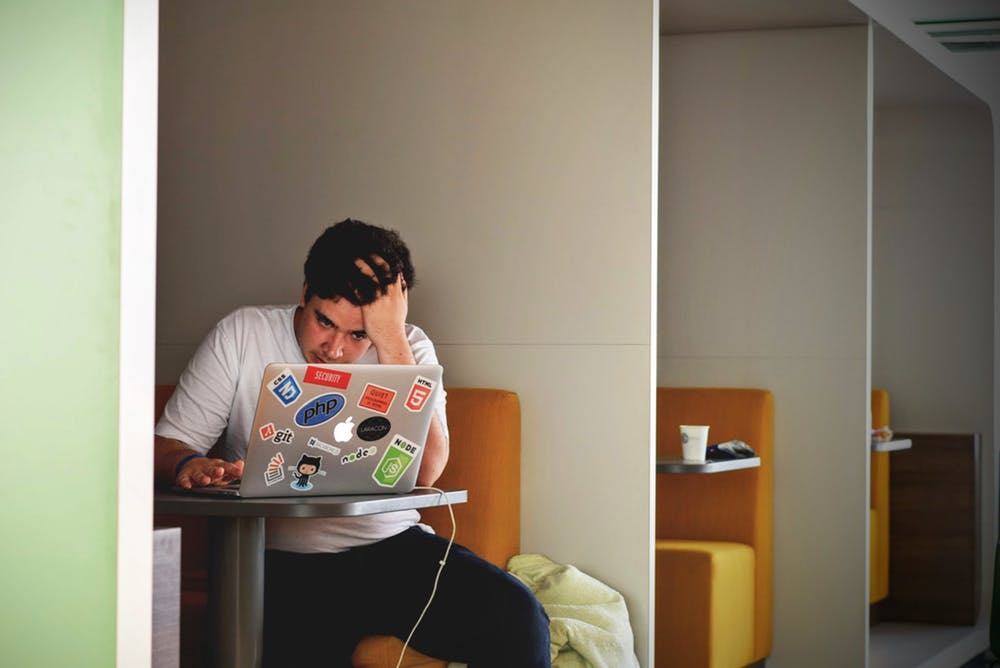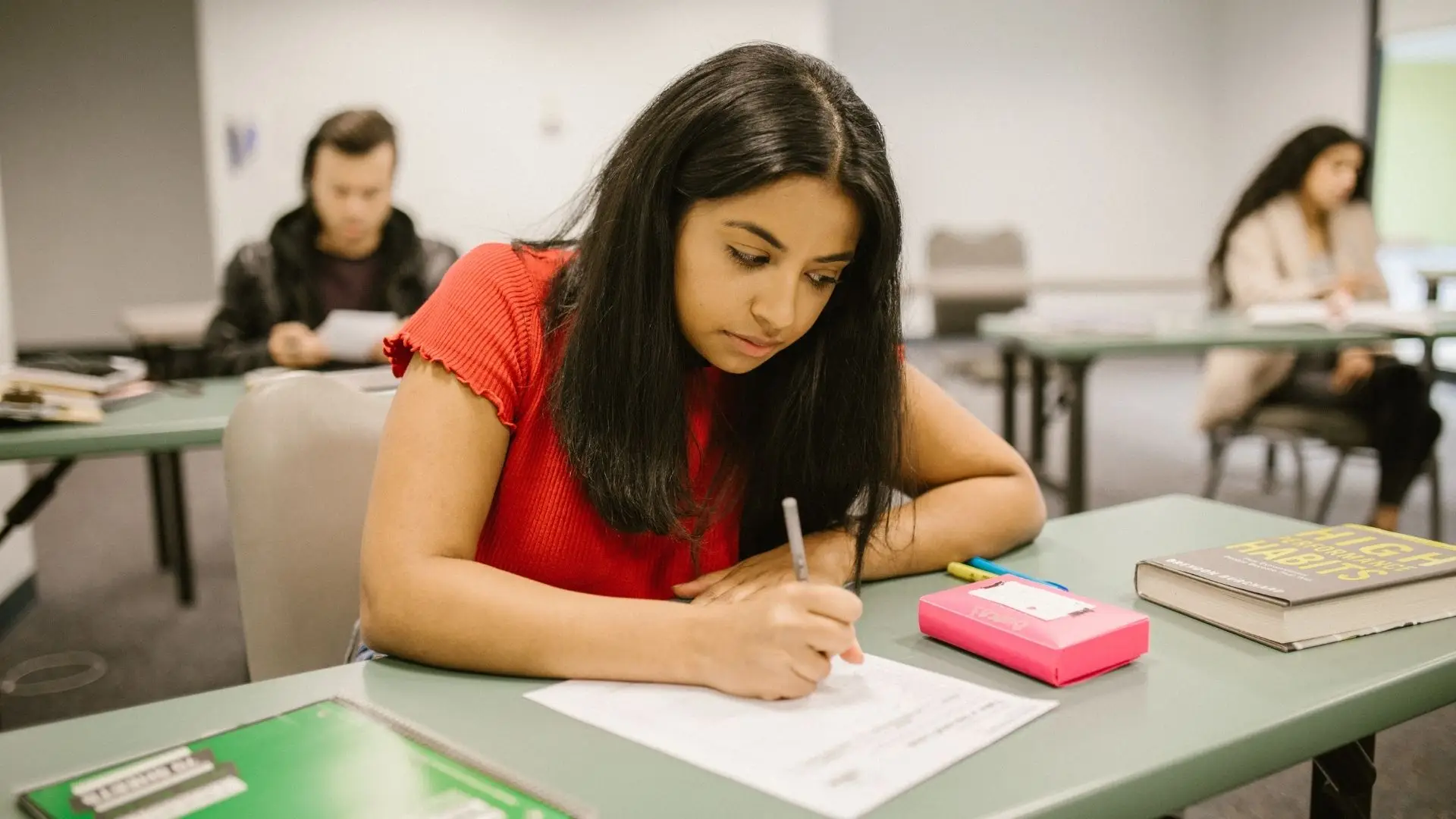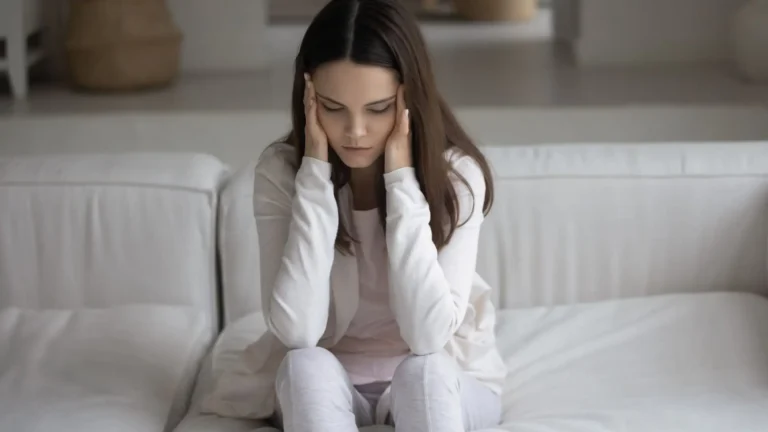Anxiety, School Performance, and How to Help
Anxiety, School Performance and How to Help

According to the World Health Organization, half of all mental illnesses begin by the age of 14. And, according to the National Institute of Mental Health, over 1 in 4 teens between the ages of 13 and 18 have a diagnosable anxiety disorder. This means that by the time your child becomes a teen, there is a startling likelihood that he or she will experience some sort of mental illness, including an anxiety disorder.
Normal anxiety is an emotion you can expect to see in your teenager. However, when it’s persistent, very intense and severe, or negatively impacting your teen’s daily quality of life, it’s considered to be an anxiety disorder. An anxiety disorder is a serious mental health problem affecting how your teen thinks, feels and behaves. It can also negatively affect your teen’s performance at school.
How Anxiety Affects Learning
There are many different types of anxiety disorders, including generalized anxiety disorder, social anxiety, separation anxiety, agoraphobia (fear of leaving the house) and panic disorder, and they can all impede learning in different ways.
Teens with an anxiety disorder are generally more distracted than their peers and need more time to switch their attention from one task to another. This means that they find it harder to focus on schoolwork, whether that be in class learning new material, doing their homework, or taking a test. It also means completing many different tasks at once may be difficult for them. Often, a teen who has an anxiety disorder is marked as a teen who is inattentive in the classroom, which is why it’s so important that the stigma is changed. A worried brain isn’t an inattentive brain, it’s just distracted.
Signs Your Teen May be Struggling at School
Watch for these symptoms of anxiety that can negatively affect your teen’s learning:
- Trouble participating: Your teen may have difficulty contributing to classroom discussions or working in group projects if they’re anxious.
- Frequently distracted: Your teen’s anxiety disorder may cause excessive worrying and fear, which can distract them from learning.
- Chronic fatigue: Anxiety disorders typically cause teens to lose sleep, which negatively affects their brain’s function, ability to learn and even ability to stay awake at school.
How Counseling Can Help
Because every anxiety disorder is different, it’s best to meet with a licensed mental health counselor at McNulty Counseling and Wellness. Sometimes, this involves also talking to your teen’s teachers to ensure that everyone is on the same page with what your teen needs to succeed in school. This could include a teacher giving your teen notes ahead of class time to help them focus. This could also include getting additional time for tests or big projects. Remember to do this privately, though, as asking for this in front of your teen’s peers is likely to increase their anxiety about school.
Helping your child through their anxiety disorder at school also requires communication. Keep in mind that your teen may not tell you that they’re having trouble at school out of fear of disappointing you or avoidance of negative consequences. This doesn’t mean that they don’t want to succeed. In most cases, teens with anxiety disorders want to succeed so badly that they hide any problems they may be having so it doesn’t seem like they’re struggling.
Counseling for Teens in St. Petersburg, FL
Remember, most teens aren’t communicative with their parents. You’re not alone. Children and adolescents with anxiety disorders don’t always ask for help. The vast majority struggle through the school day, and then let their frustration burst out at home, if at all. You need to provide a supportive environment for them, where they can talk about their problems without being punished, judged or lectured, so that they feel safe coming to you when they need help. Frequent communication and working with your team of professionals will help you and your teen limit the negative effects of their anxiety disorder on school performance.
About the Author: Lindsey Brooks, LMHC
Lindsey Brooks is a Licensed Mental Health Counselor as well as a Registered, Board Certified Art Therapist specializing in children’s issues, teen and adult anxiety, and providing parenting support. She helps individuals and families improve their communication to build trust in their relationships and enhance emotional well being. Lindsey partners with the charities Hands Across the Bay and the Children’s Cancer Center to provide counseling services to victims of domestic violence and families affected by pediatric cancer. Understanding that words are often not enough, Lindsey offers Art Therapy as a primary or supplemental form of counseling to traditional talk therapy and believes in the inherently healing power of creating. Call today for a free consultation 727-914-5113!







